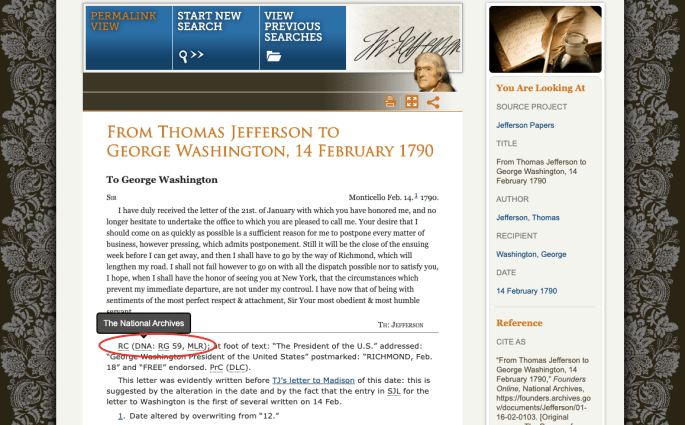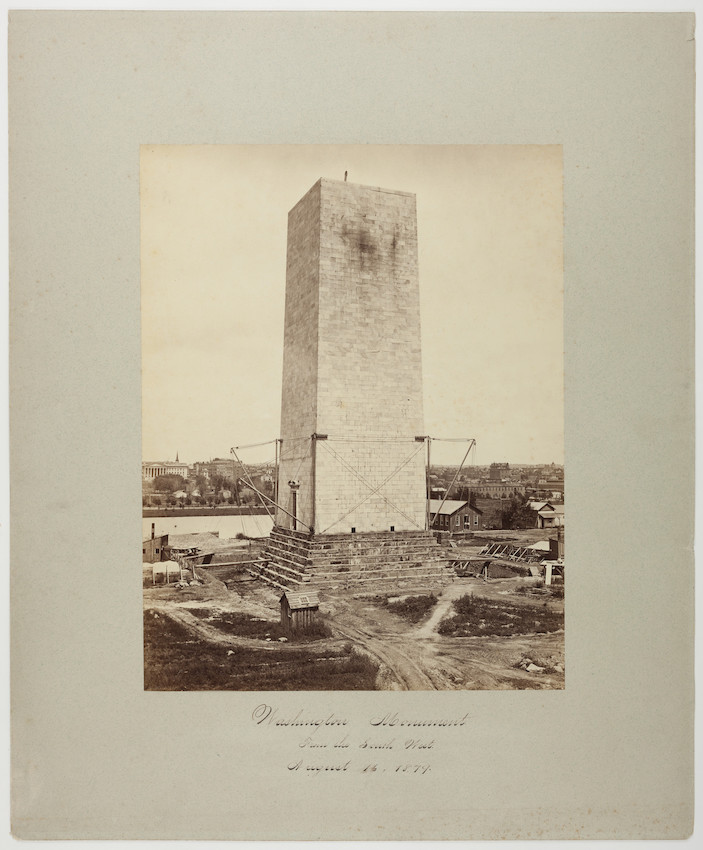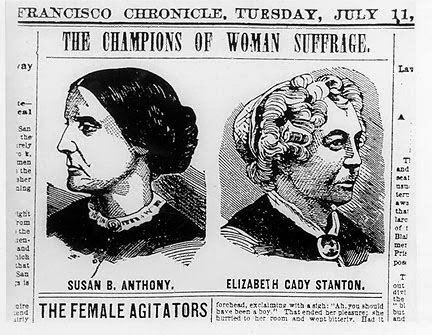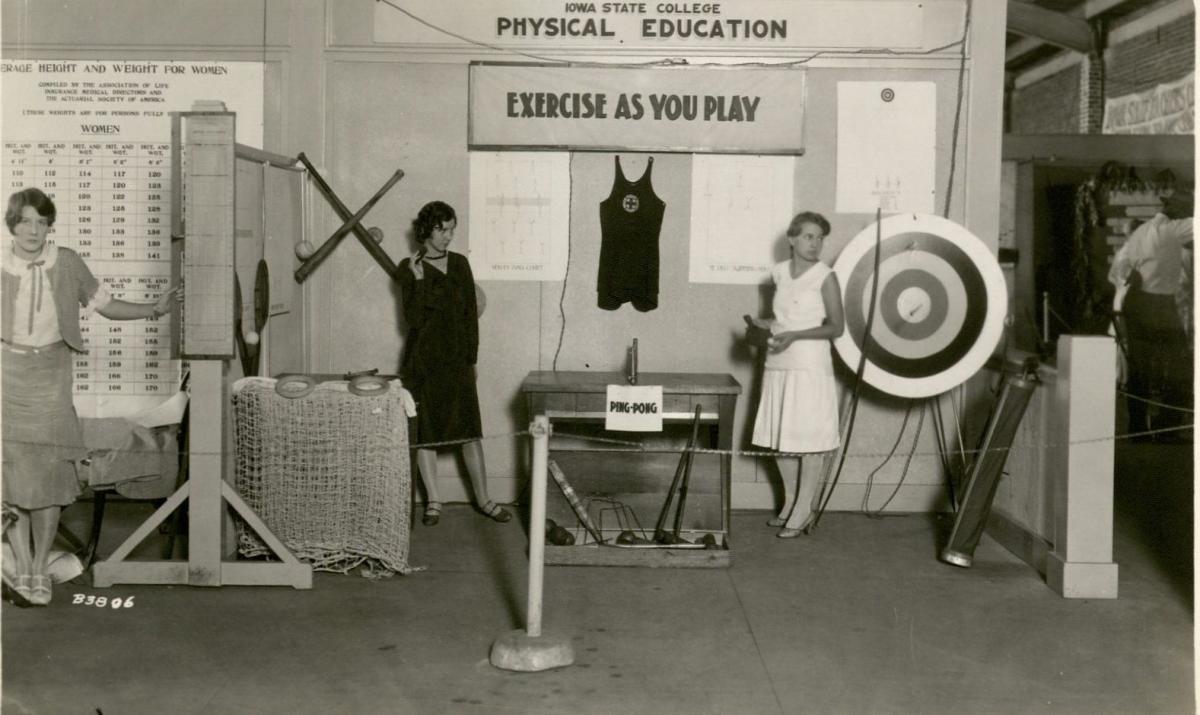
NHPRC News -- August 2020
Inside the Commission
Continuing Operations
In response to the national health emergency, staff at the National Historical Publications and Records Commission have been working remotely since mid-March. We are continuing to monitor open projects, and based on Office of Management and Budget guidance, we are looking for ways to assist your organizations. Please share with your Program Officer via email with any concerns you have due to the COVID-19 restrictions. You can find contact information on our website at https://www.archives.gov/nhprc/contact.html
Archivist David S. Ferriero on Founders Online
 Seven years ago, we launched Founders Online. In partnership with the University of Virginia’s Rotunda electronic imprint and documentary edition projects, we made a freely accessible and searchable online resource for people to read the papers of George Washington, Benjamin Franklin, John Adams (and family), Thomas Jefferson, Alexander Hamilton, and James Madison.
Seven years ago, we launched Founders Online. In partnership with the University of Virginia’s Rotunda electronic imprint and documentary edition projects, we made a freely accessible and searchable online resource for people to read the papers of George Washington, Benjamin Franklin, John Adams (and family), Thomas Jefferson, Alexander Hamilton, and James Madison.
At the June 13, 2013, launch, some 119,000 documents were available, and today that number has grown to 183,000 documents, fully annotated, from the authoritative Founding Fathers Papers. That number will continue to grow as more documents are transcribed, annotated, and added to the database.
The modern documentary editions of the papers of these six Founders began in 1943 with the Papers of Thomas Jefferson, with the first volume appearing in 1950 using research assistance of the staff of the National Historical Publications Commission, the body that later became the National Historical Publications and Records Commission (NHPRC). The Commission issued a report to President Harry Truman in 1954 that recommended the comprehensive collecting, arranging, editing, and publishing of the papers of other individuals of outstanding importance to the founding of the nation. The success of the Jefferson Papers led to the launch of other projects: Adams and Franklin (1954), Hamilton (1955), Madison (1956), and Washington (1968).
The idea for a grants program was endorsed by President John Kennedy before his death in 1963 and, the following year, the Ford Foundation awarded $2 million to the Commission to use to provide the initial grant funds for the publishing of these collections as well as the documents associated with the ratification of the Constitution. Congressional appropriations began in 1965, and all six projects have received grant support. The Hamilton Papers project was completed first with the publication of its last volume in 1987, and the other five are working toward completion of authoritative print and online editions.
Every day, some 4,000 people access the site, and even during the early days of the COVID-19 health emergency, loyal readers were able to find and use the site for research on projects ranging from family genealogy to classroom use to writing books and articles. This year alone some 133 articles, from a National Law Review article “Is Treason Applied as the Founders Intended” to a Smithsonian article on George Washington’s genealogy, used documents from Founders Online as a resource.
Writers of book-length studies have discovered the usefulness of the searchable database that drives Founders Online. New works such as Martha Brockenbrough’s Alexander Hamilton, Revolutionary, Robert L. O’Connell’s Revolutionary: George Washington at War, Peter Stark’s Young Washington: How Wilderness and War Forged America’s Founding Father, and David O. Stewart, Madison’s Gift: Five Partnerships that Built America cite the website.
On C-SPAN’s Q&A show with Brian Lamb, David O. Stewart said:
“I am a huge fan of Founders Online, which fundamentally changed my research and writing in large ways and small….Though I live in the Washington area and can get to the Library of Congress, working from home saves me two hours a day in commuting time…. Also, with Founders Online I can copy-and-paste passages that I want to quote, which reduces the donkey work of transcription and also eliminates the inevitable transcription errors. Finally, Founders Online is especially valuable in the final stages of preparing the manuscript, when you look back over your research notes and realize something about the source material that your notes don’t reveal. Is that because the source document didn’t say anything about the subject, or because your notes are lousy? Every history writer keeps a list of questions or problems like that to be addressed. With Founders Online, you can double-check those problems very readily. Convenience matters.”
In addition to historical studies and biographies of the men and women behind the documents that populate thematic studies such as Lawrence Aje and Catherine Armstrong, editors, The Many Faces of Slavery: New Perspectives on Slave Ownership and Experiences in the Americas, Corey Brettschneider’s The Oath of Office: A Guide to the Constitution for Future Presidents, and Susan Subak’s The Five-Ton Life: Carbon, America, and the Culture That May Save Us, which cites numerous letters to and from George Washington and to and from Thomas Jefferson as historical background in a book about returning to a lower-carbon footprint culture.
Lawyers use it in their briefs, amici curiae and otherwise. Government officials rely on its accuracy in laying the foundation for their remarks on everything from the Intellectual Property Rights Policy Advisory Group to the White House Historical Association’s article on “Thomas Jefferson’s Cabinet.”
Teaching American History and America in Class have built lesson plans around special topics in early American history based on documents in Founders Online. It also shows up on the syllabi for courses in American history, political science, and economics at colleges and universities, including Harvard, Penn, the University of Georgia, and there’s even a website tying together the original Alexander Hamilton letters to “Hamilton,” the musical. Lin-Manuel Miranda even gave a shout out to the primary sources on Twitter.
Media, social and otherwise, mine the trove. WETA, a public television station in Washington, DC, had a piece called “L’Enfant’s Guide to Getting Fired.” Blubrry’s podcast on the U.S. Presidents is one of several using Founders Online, and there are dozens of Reddit threads and a slew of Wikipedia articles which rely on the site’s authority. We’re even in the dictionary. Merriam Webster turns to Benjamin Franklin, no less, in its word history of a firebrand “https://www.merriam-webster.com/words-at-play/what-is-a-firebrand-word-history.”
And I am pleased with how Founders Online connects to the mission of the National Archives to provide access to the federal records in our care. At present 3,773 citations show up from a search for “National Archives” on Founders Online, and some of them have been digitized and the facsimiles added to the National Archives Catalog. 
Here’s how to connect the dots: To see the handwritten letters these transcriptions are based on, you first need to identify the archives or library that holds the original. This is indicated in the source note (generally three letters) of each document located at the bottom of each document. Mouse over the code and the full name of the repository will appear.
Let’s say you are looking for the 1790 letter from Jefferson to Washington accepting the position of Secretary of State (https://founders.archives.gov/documents/Jefferson/01-16-02-0103). At the bottom of the Founders Online transcription are these codes: RC (DNA: RG 59, MLR). “RC” = “recipient’s copy” and DNA is the National Archives, Record Group 59, Miscellaneous Letters Received.” You could then search the National Archives Catalog and find the document reproduced there.
Founders Online brings us back to the enlightened era that brought life to the American ideal, gets us as close as we can get to the “room where it happened,” through the words recorded in the collection. Browse, take a long read, be inspired again.
Grant Deadlines
Access to Historical Records: Archival Projects
Public Engagement with Historical Records
Publishing Historical Records in Documentary Editions
News from the Field
Transcribing Jane
Dartmouth Vietnam Project
An NHPRC grant to Dartmouth College is supporting the development of a suite of digital tools to use with oral history collections to aid researchers to accurately discover and use these records. Using the Dartmouth Vietnam Project archive of 133 interviews, a project will devise new methods for adding metadata to digital oral history interviews, including a TEI-conformant tag library, as well as techniques for adding geospatial data to the interviews. The project will then test the methodology by encoding 100 selected interviews held by the online archive of the Oral History Project at the Vietnam Center and Archive at Texas Tech University, and developing open-source plugs-ins for content management systems using this technology.
 Unfinished Monument
Unfinished Monument
 The Birmingham Connection
The Birmingham Connection
Celebrating the 19th Amendment
 Miss Anthony—May it please your honor, I shall never pay a dollar of your unjust penalty. All the stock in trade I possess is a $10,000 debt, incurred by publishing my paper—The Revolution—four years ago, the sole object of which was to educate all women to do precisely as I have done, rebel against your man-made, unjust, unconstitutional forms of law, that tax, fine, imprison and hang women, while they deny them the right of representation in the government; and I shall work on with might and main to pay every dollar of that honest debt, but not a penny shall go to this unjust claim. And I shall earnestly and persistently continue to urge all women to the practical recognition of the old revolutionary maxim, that "Resistance to tyranny is obedience to God."
Miss Anthony—May it please your honor, I shall never pay a dollar of your unjust penalty. All the stock in trade I possess is a $10,000 debt, incurred by publishing my paper—The Revolution—four years ago, the sole object of which was to educate all women to do precisely as I have done, rebel against your man-made, unjust, unconstitutional forms of law, that tax, fine, imprison and hang women, while they deny them the right of representation in the government; and I shall work on with might and main to pay every dollar of that honest debt, but not a penny shall go to this unjust claim. And I shall earnestly and persistently continue to urge all women to the practical recognition of the old revolutionary maxim, that "Resistance to tyranny is obedience to God."Missing the Iowa State Fair
August arrived all too soon, bringing the waning days of summer and the anticipation of another school year. It is a month of vacations and annual conferences and the state fair. We are missing a great many familiar pleasures.
That is why we were sad to hear that the Iowa State Fair has been postponed. Iowa State University has a great history on the role the university has played at the fair, fitting for a school that began as the Iowa Agricultural College. One of our favorite shots is of these two young women wistfully looking for someone to stop by their booth at the 1930 fair and take them on at ping pong on that rather challenging table.
 The National Historical Publications and Records Commission regularly assists colleges and universities in building and improving their archives. A grant to Iowa State funded a two-year project to migrate nearly 1,500 existing and 200 nearly-complete text-based finding aids into a new EAD-compliant archives management system, and to create and link the respective MARC records for collections focused broadly on the history of Iowa and its institutions, agriculture, and rural life.
The National Historical Publications and Records Commission regularly assists colleges and universities in building and improving their archives. A grant to Iowa State funded a two-year project to migrate nearly 1,500 existing and 200 nearly-complete text-based finding aids into a new EAD-compliant archives management system, and to create and link the respective MARC records for collections focused broadly on the history of Iowa and its institutions, agriculture, and rural life.
While it may not be surprising that Iowa State has extensive agricultural records, the Special Collections Library is also strong in Life Sciences, Engineering, and Women in Science and Engineering. And the University Archives tell the story of the nation’s first designated land-grant institution. Coeducational from its founding in 1858, Iowa State was the alma mater of suffragist Carrie Chapman Catt and Vice President Henry A. Wallace. The Cyclones wrestling team has won eight national championships and sent many wrestlers to the Olympics.
The Special Collections and University Archives refurbished the CARDinal (Cyclone Archival Research Database) search engine through the grant, allowing for multiple methods of archival materials and making connections among related collections. You can visit at https://specialcollections.lib.iastate.edu/.
And don’t miss their wonderful blog at https://isuspecialcollections.wordpress.com/.

